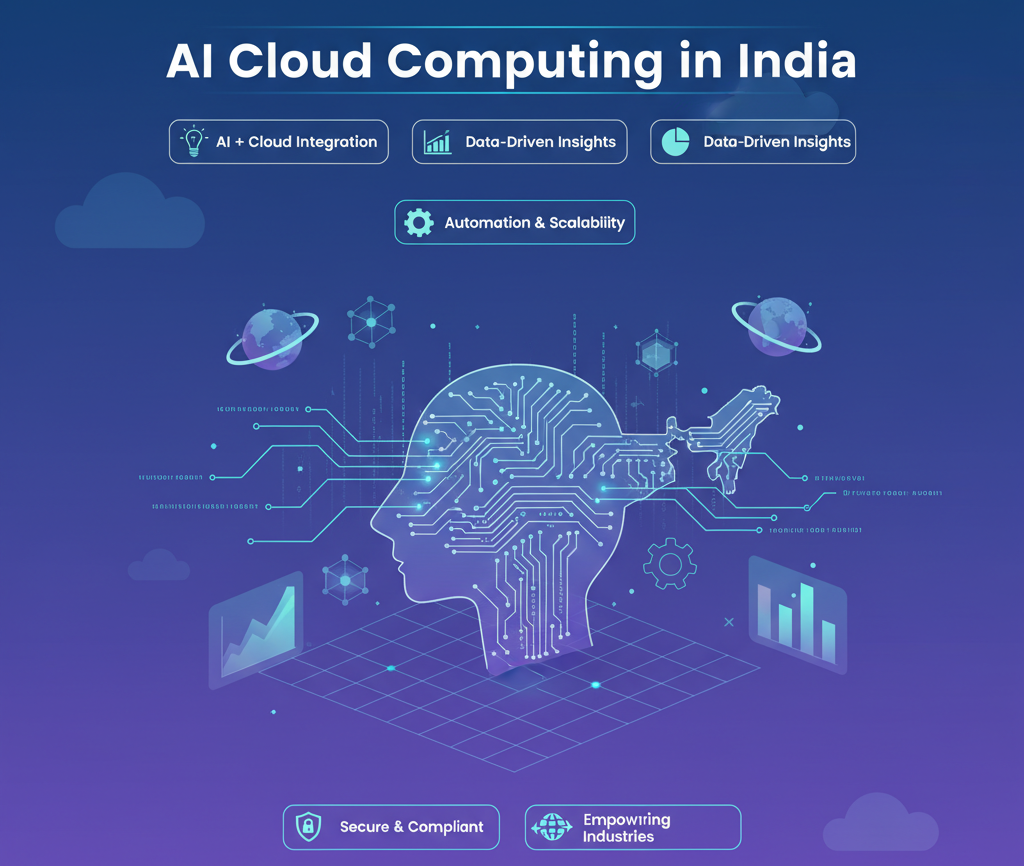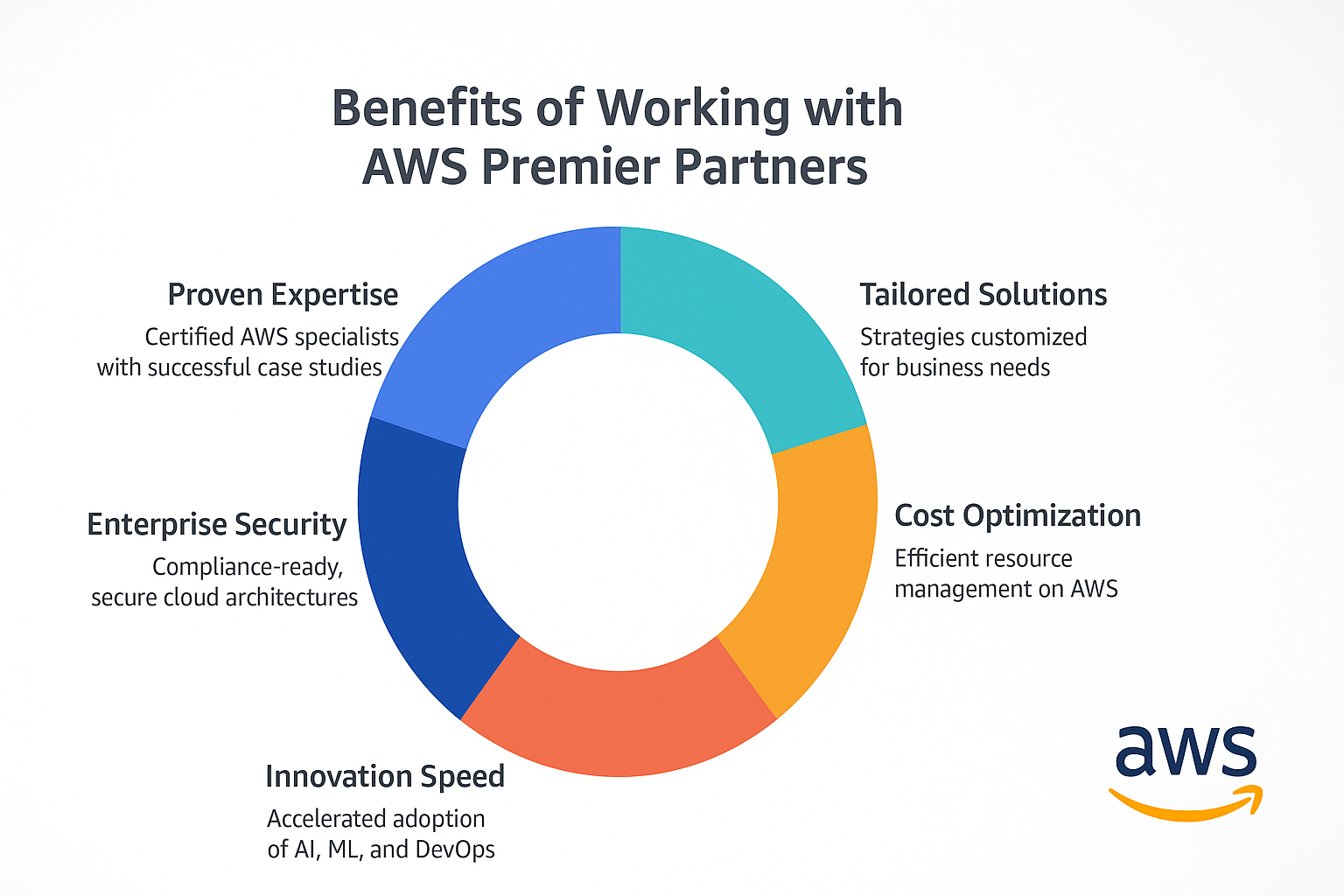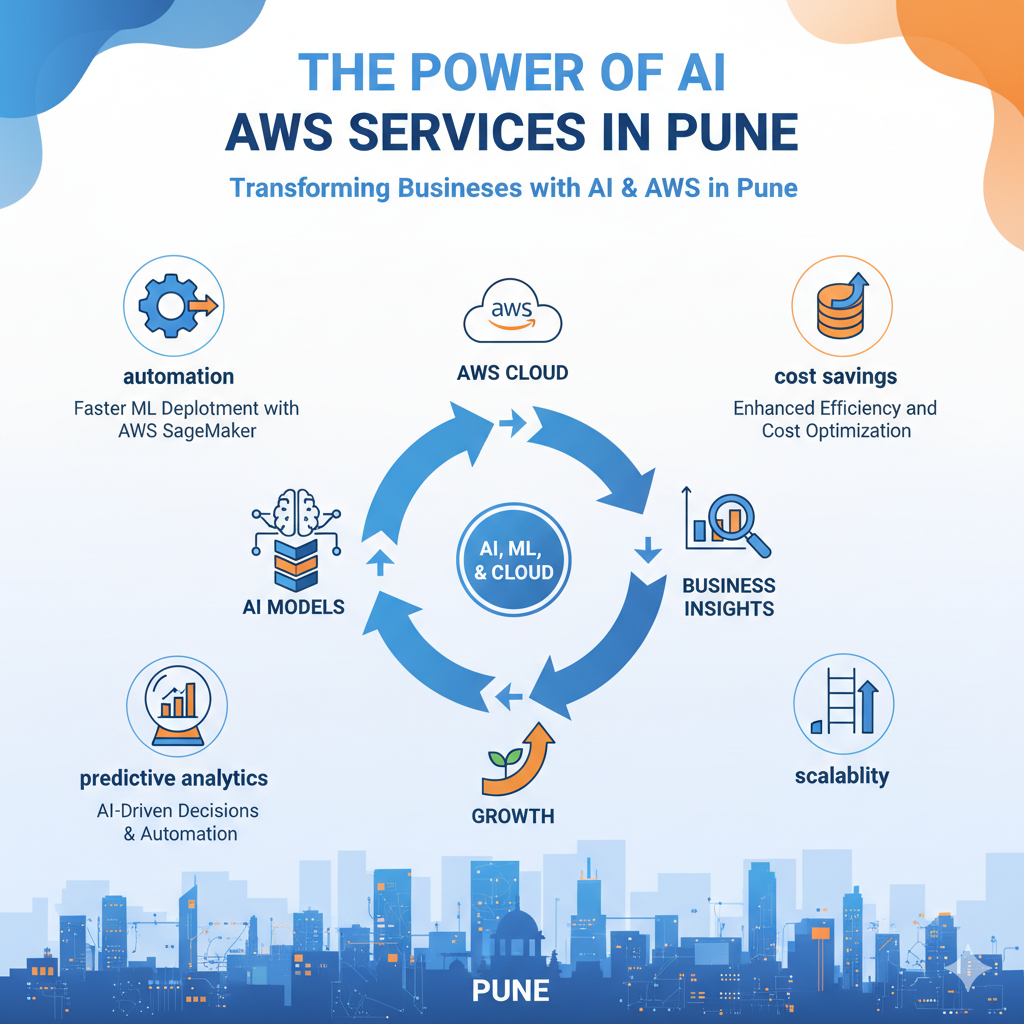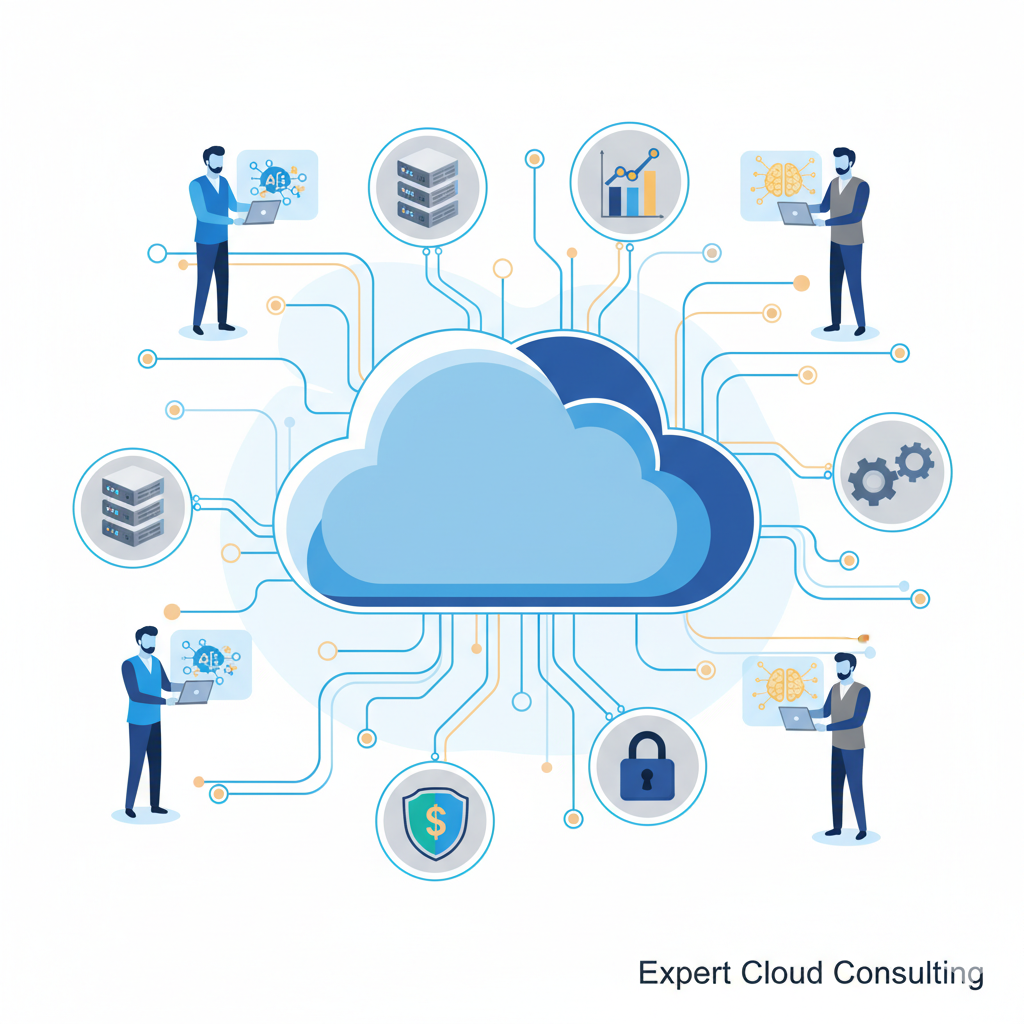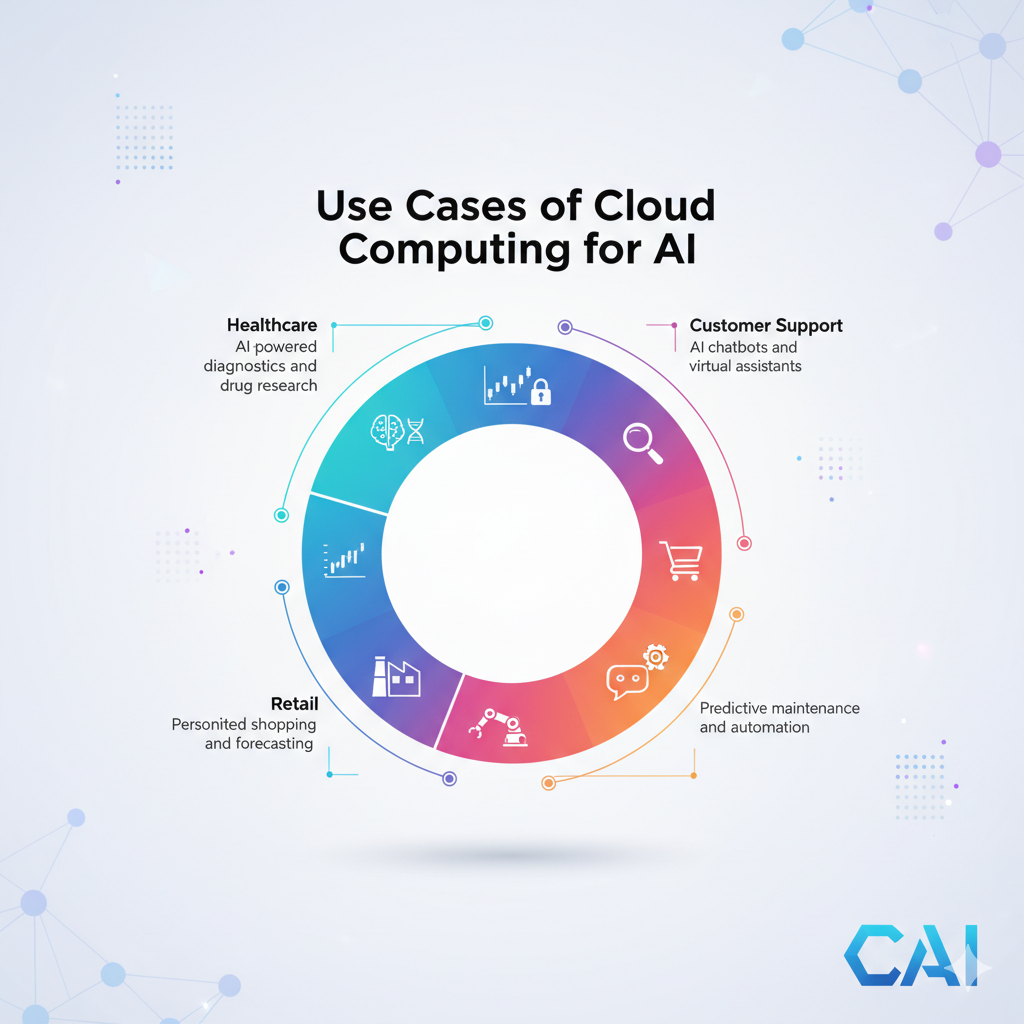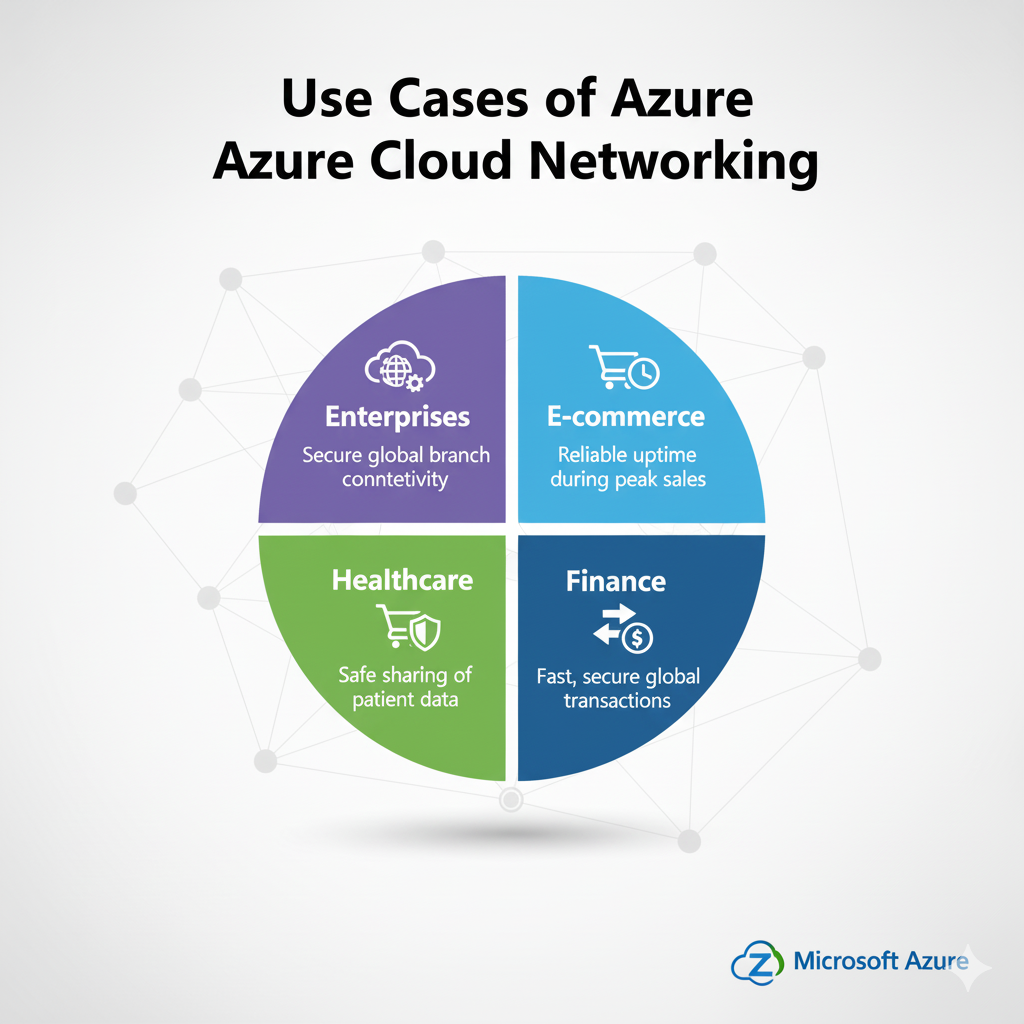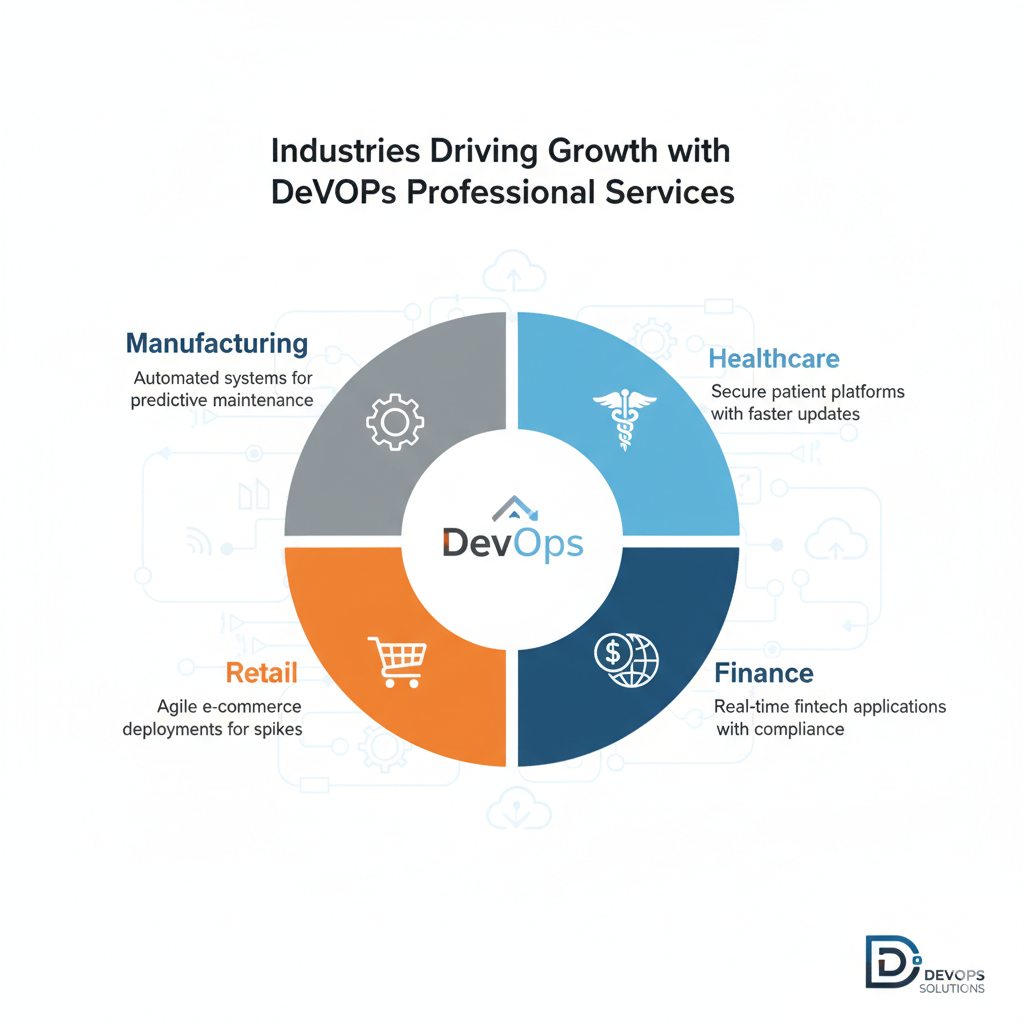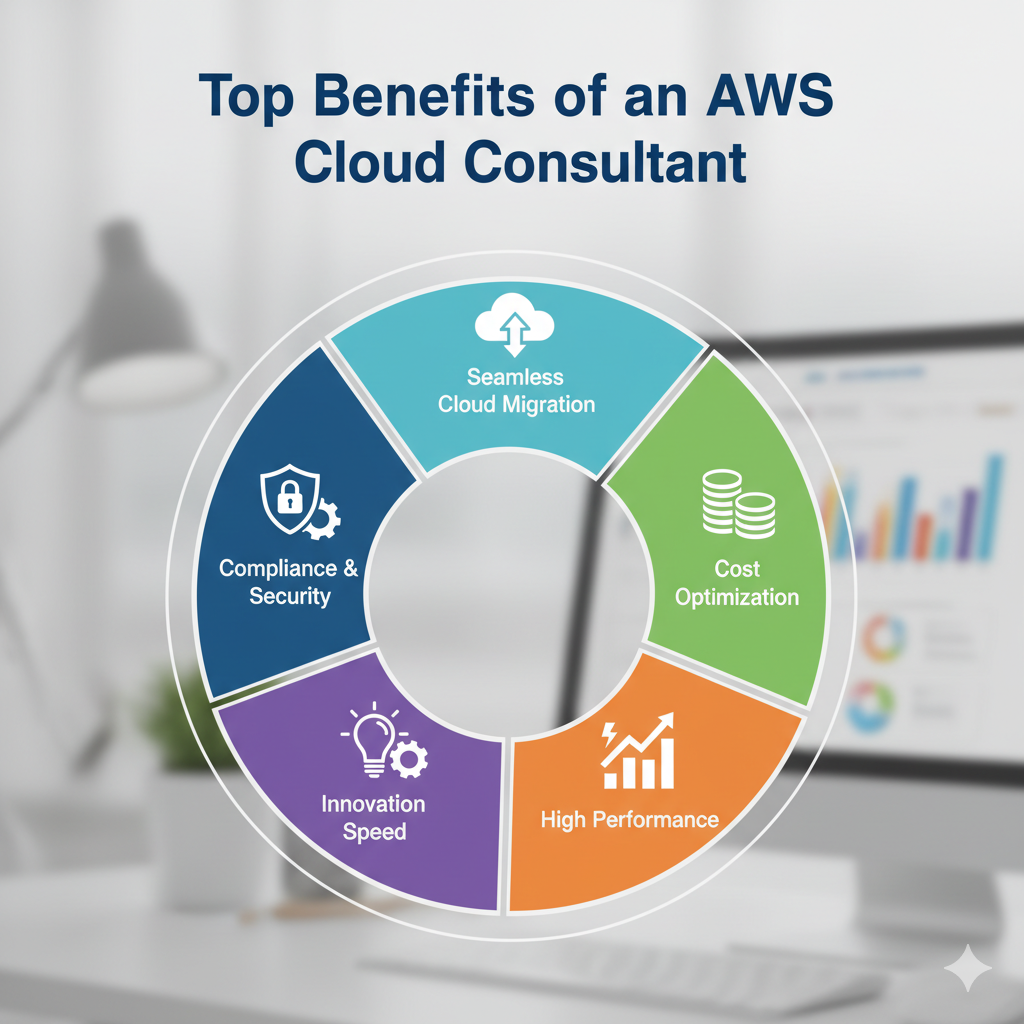- IntroductionIn the dynamic terrain of IT infrastructure, businesses navigate a landscape where Hybrid Cloud Solutions have become a strategic imperative. Offering the dual advantages of on-premises control and cloud scalability, these solutions embody the best of both worlds. Expert Cloud Consulting serves as your guide in this exploration, unveiling the intricacies of Hybrid Cloud Solutions. Join us as we delve into effective integration strategies, uncover the myriad benefits, and outline best practices that empower businesses to seamlessly bridge on-premises and cloud environments, ensuring a harmonious synergy in the ever-evolving IT landscape.🛡️✨
Benefits of Hybrid Cloud Solutions🌐 Explore the benefits of using management tools that provide a unified view of on-premises and cloud resources, simplifying administration..
Data Consistency🚀🔒Understand the importance of maintaining data consistency across hybrid environments, ensuring accurate and reliable information for applications.
Expert Cloud Consulting: Your Partner in Hybrid Cloud Excellence🌐Partnering with Expert Cloud Consulting guarantees a strategic approach to integrating on-premises and cloud environments effectively. Our team of experts collaborates with businesses to assess unique requirements, design tailored solutions, and implement a seamless hybrid infrastructure.ConclusionIn conclusion, Hybrid Cloud Solutions offer a strategic advantage for businesses seeking a balance between on-premises control and cloud scalability. With Expert Cloud Consulting as your guide, you can navigate the complexities of integration and build a resilient, efficient, and future-ready hybrid infrastructure.
Ready to elevate your business with Hybrid Cloud Solutions? Connect with Expert Cloud Consulting for personalized guidance on seamlessly integrating on-premises and cloud environments. Contact us today and embark on a journey towards a resilient and efficient hybrid infrastructure.
Data Security and Compliance: Understand the advantages of keeping sensitive data on-premises while leveraging the cloud for less sensitive workloads, ensuring compliance with regulatory requirements.
Cost Optimization: Explore how Hybrid Cloud Solutions allow businesses to balance capital and operational expenses effectively, maximizing cost efficiency.
Effective Integration Strategies🌐
Security Protocols and Identity Management:
Explore the implementation of robust security protocols and identity management systems. This includes strategies for maintaining consistent access controls, authentication mechanisms, and encryption protocols across both on-premises and cloud environments. By establishing a unified security framework, businesses can ensure data integrity and protect against potential vulnerabilities.
Workload Prioritization and Optimization:
Delve into the importance of prioritizing workloads based on their criticality and resource requirements. Understanding how to optimize the distribution of workloads between on-premises infrastructure and the cloud enables businesses to enhance performance, reduce latency, and achieve a more efficient utilization of resources.
Disaster Recovery Planning:
Discuss the integration of disaster recovery plans within the hybrid cloud architecture. Explore strategies for backing up critical data both on-premises and in the cloud, ensuring business continuity in the face of unforeseen events. This includes regular testing of the disaster recovery mechanisms to validate their effectiveness.
Monitoring and Analytics:
Highlight the significance of implementing comprehensive monitoring and analytics tools across hybrid environments. This involves tracking performance metrics, analyzing data trends, and proactively identifying potential issues. By adopting robust monitoring solutions, businesses can ensure real-time visibility into their entire infrastructure and take proactive measures to optimize performance.



